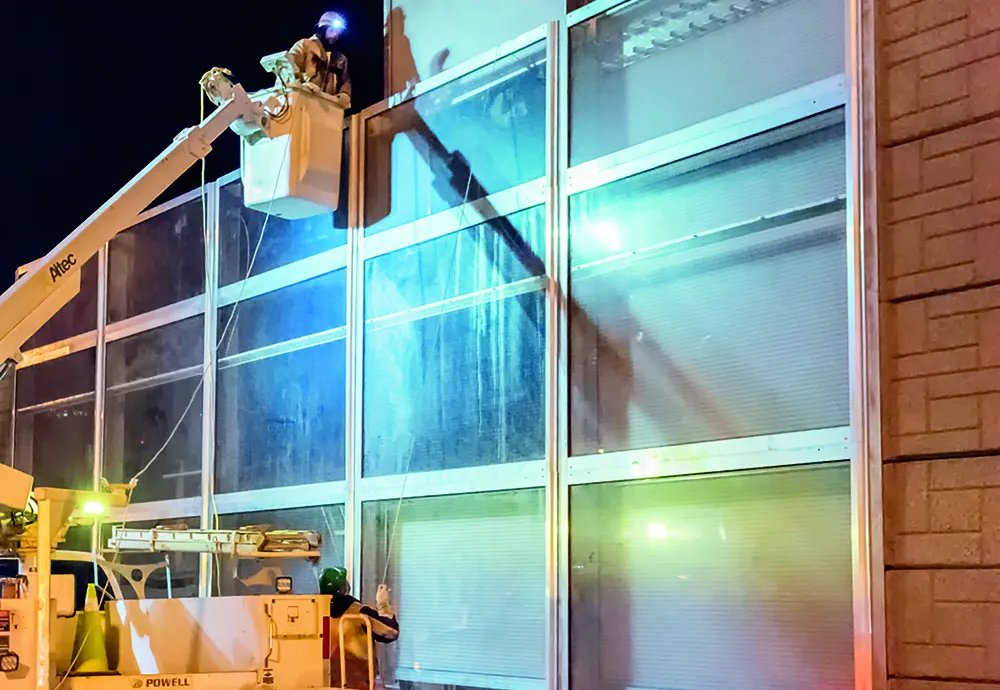The six-month road pricing trial, conducted in the city of Eindhoven, was designed to provide the Dutch government with insights to address the challenge of traffic congestion in the Netherlands. The test was overwhelmingly successful, with 70 per cent of drivers changing their behaviour to avoid rush-hour travel when presented with the right incentives, demonstrating that road pricing systems can have a positive effect on driving habits and help alleviate traffic.
“The test has vastly exceeded our expectations,” said Maurice Geraets, senior director, NXP Semiconductors. “Together, NXP and IBM have logged more than 200,000 test kilometres as part of the trial, and the complete system has proven to be highly reliable. The technology is ready to charge car owners fairly for the use of the car based on road type, time of day and the environmental characteristics of the car, and to give effective feedback to drivers to influence their behaviour – helping them save money and make more efficient, greener driving choices on a daily basis. Further, the Eindhoven trial has demonstrated that our technology is ready for implementation in any large-scale traffic management programme.”
According to Eric-Mark Huitema, mobility executive at IBM, “The results of our GPS based solution in Eindhoven show that nation wide implementation of road user charging is feasible. Already successful IBM implementations of congestion charging schemes in Stockholm, Brisbane, Singapore and London are now also achievable with GPS which makes country wide implementations possible for millions of cars. Smart traffic and transportation systems have tremendous potential to reduce traffic congestion, contribute to a cleaner environment with reduced carbon dioxide and small particles emissions," Huitema said.
Key findings of the trial included:
- 70 per cent of drivers improved their driving behaviour by avoiding rush-hour traffic and using highways instead of local roads.
- On average, these drivers in the trial saw an improvement of more than 16 per cent in average cost per kilometre.
- A clear system of incentives is critical to changing driving behaviour.
- Instant feedback provided via an On-Board Unit display on the price of the road chosen and total charges for the trip are essential to maximising the change in behaviour.
The Netherlands will be introducing a new road-use charge starting in 2012 for trucks and lorries, and 2013 for passenger cars. The new road pricing system – Paying differently for mobility (Anders Betalen voor Mobiliteit) – is expected to be up and running nationwide by 2016. Many EU countries are now in the process of exploring road pricing programmes as one of the measures to reduce congestion and CO2 emissions.









